Before we look at mindfulness and meditation let’s talk about the frameworks we use. Every time we do something there is a framework involved. A set of ideas and principles. The frame sets the scene, guiding what you look at and how you approach it.
Many frameworks are unspoken, with ideas and principles hinted at and nodded towards. This doesn't matter so much if it all makes perfect sense to you. But if things don’t make sense you can spend a lot of time stumbling around in the dark and generally getting lost.
I value frameworks that:
Already make sense to you
Some frameworks don’t make sense unless you have quite a bit of experience. They may sound good and can be inspiring. But they can also leave people with a sense of “I’m not there yet”.
A good framework helps you make sense of things where you are right now. In a way that’s so clear to you that you can explain it to your friends, your mother, your neighbour.
Make space for every part of you
Does your idea of mindfulness or meditation feel like something other people do? If so that’s hardly surprising. Consider all the images we see and hear about these. Beautiful people sitting crossed legged on beaches. Asian monks with shaven heads. Doctors in white coats. Still pools of water.
For many people (myself included) these images grate a little as they seem cheesy and cliched. But there’s something more important at stake here. These images are saying “for these people only”, “no busy minds allowed”, “anxiety is not welcome here”, “quiet types only”.
Granted there may be parts of you that you’re not a big fan of. But if the framework makes it sound like parts of you are not welcome, how will this work with the reality of you and your life? This doesn’t mean you have to dive into all the parts of yourself you don’t like. But at least let’s not start by asking them to wait outside.
Speak to something you care about
Most frameworks for mindfulness answer the question “what is mindfulness?” but don’t include an answer to “why would I care about this?”
All too often mindfulness becomes about paying attention and being present when it’s something else we care about. Like any skill, mindfulness takes time and energy to learn. And so if your sense of what you are doing is not aligned with something you care about you will run out of energy and find it hard to make time for it.
The way you think about mindfulness needs to speak to what you want. Does hearing about mindfulness strike a chord inside you? Do you light up when you hear about it? If not you need a new frame. I’ll help you find one.
